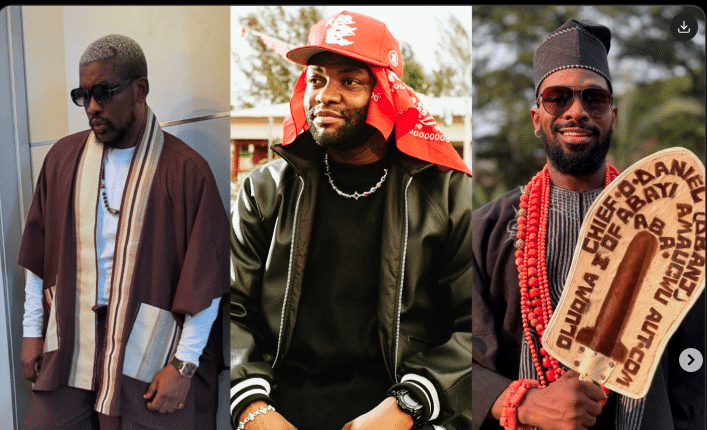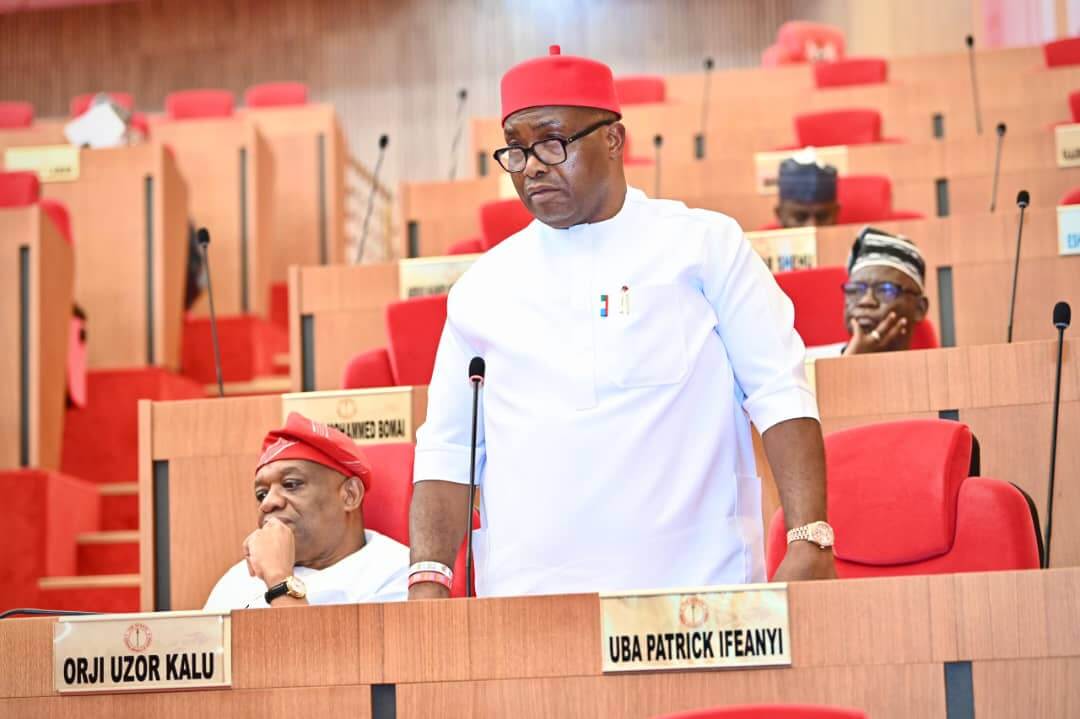By Mukhtar Ya’u Madobi
Years ago, I was on the verge of accepting an offer to join the ranks of Nigeria’s premier intelligence agency, Defence Intelligence Agency (DIA), when I received an admission letter to pursue a Master of Philosophy in Defence and Security Studies at the Nigerian Defence Academy (NDA) in Kaduna State. This dilemma between a career in intelligence and further academic pursuits was a difficult one but, ultimately, I decided to focus on my studies, a decision that has proven fruitful.
It was during the tenure of the immediate past Chief of Defence Intelligence, Major General Samuel A. Adebayo (retd), that I was invited for the job interview. This experience allowed me to gain a deeper understanding of the DIA’s inner workings, and I was struck by its commitment to clandestine yet successful military operations, which were rarely publicized. This discretion is, in my opinion, proof of the professionalism and discipline that permeates the agency.
The DIA’s premises were impressive, with state-of-the-art structures and comprehensive security measures in place. The presence of both human and technological tools to screen visitors further reinforced the agency’s dedication to safeguarding critical information and assets. The conduct and attitudes of the military and civilian staff were equally commendable, as they exhibited a remarkable blend of professionalism, humility, and vigilance.
Since then, I have had the opportunity to interact with the DIA on a more intimate level. During the appointment of Major General Emmanuel Packer Undiandeye as the new Chief of Defence Intelligence by President Bola Ahmed Tinubu, I was invited to serve as a participant and member of the technical team for the maiden five-day National Security Course on Psychological Operations and Strategic Communication (NSCPOSC-1) organized by the DIA.
This training program, which brought together government officials, members of the Armed Forces of Nigeria (AFN), intelligence communities, security services, communication specialists, community leaders, civil society advocates, and the media, underscored the DIA’s commitment to utilizing non-kinetic measures in addressing security challenges. This holistic approach portrays strategic vision and the understanding that effective security solutions require the active engagement of all stakeholders.
Through my interactions with the DIA staff and operatives during the course and guided tours, I gained valuable insights into the agency’s open and covert efforts to ensure peace, safety, and security across Nigeria. The achievements recorded by the agency in the past year, which spanned various development sectors, have been truly impressive and a testament to the leadership of General Undiandeye.
The DIA has significantly improved its national coverage, providing proactive intelligence support to military and security operations. This has led to the elimination and arrest of major terrorist and bandit leaders, as well as the disruption of numerous criminal syndicates of kidnapping and other crimes in Abuja and states. The heightened collaboration with neighboring countries and international partners through intelligence and information sharing has been a key factor in achieving these successes.
On infrastructure, the current Chief of Defence Intelligence has overseen the completion of the DIA complex, the expansion of regional centers across the country, and the upgrade of medical facilities and staff accommodations. These investments in the agency’s physical and human resources are a clear indication of the Nigerian government’s dedication to strengthening its intelligence capabilities.
Moreover, the DIA has made significant strides in the educational domain, funding the relocation and construction of the NAOWA Primary School, obtaining land for the expansion of the Defence Intelligence College, and signing a Memorandum of Understanding with the University of Nigeria, Nsukka, to award degrees in security-related disciplines.
The recent briefing by the Strategic Communication Interagency Policy Committee (SCIPC), under the Office of the National Security Adviser (NSA), provided a glimpse into the intelligence services’ role in the ongoing counter-terrorism and insurgency operations. The disclosure by the Director of Defence Media Operations, Major General Edward Buba, on the neutralization of 9,303 insurgents, arrest of 6,998 individuals, rescue of 4,641 hostages, and surrender of 9,562 Boko Haram/ISWAP combatants and their families substantiates successful military operations.
In my opinion, the DIA’s achievements and the crucial role it plays in national security efforts deserve recognition and support from all stakeholders. It is unfortunate that some individuals who lack understanding of its modus operandi tend to dismiss its accomplishments. The agency’s discreet approach to its work should not be mistaken for a lack of efficiency or dedication.
As a young writer and researcher, I believe the DIA is an invaluable asset to Nigeria, and it must be allowed to continue its vital work without unnecessary distractions. The country’s ongoing struggles with non-state actors require the unwavering support and collaboration of all national security institutions, and the DIA’s contributions in this regard are indispensable.
Mukhtar Madobi, an NDA research student, authored ‘National Security Strategies: A Young Writer’s Perspective’ Email: ymukhtar944@gmail.com

 4 months ago
6
4 months ago
6















 English (US) ·
English (US) ·